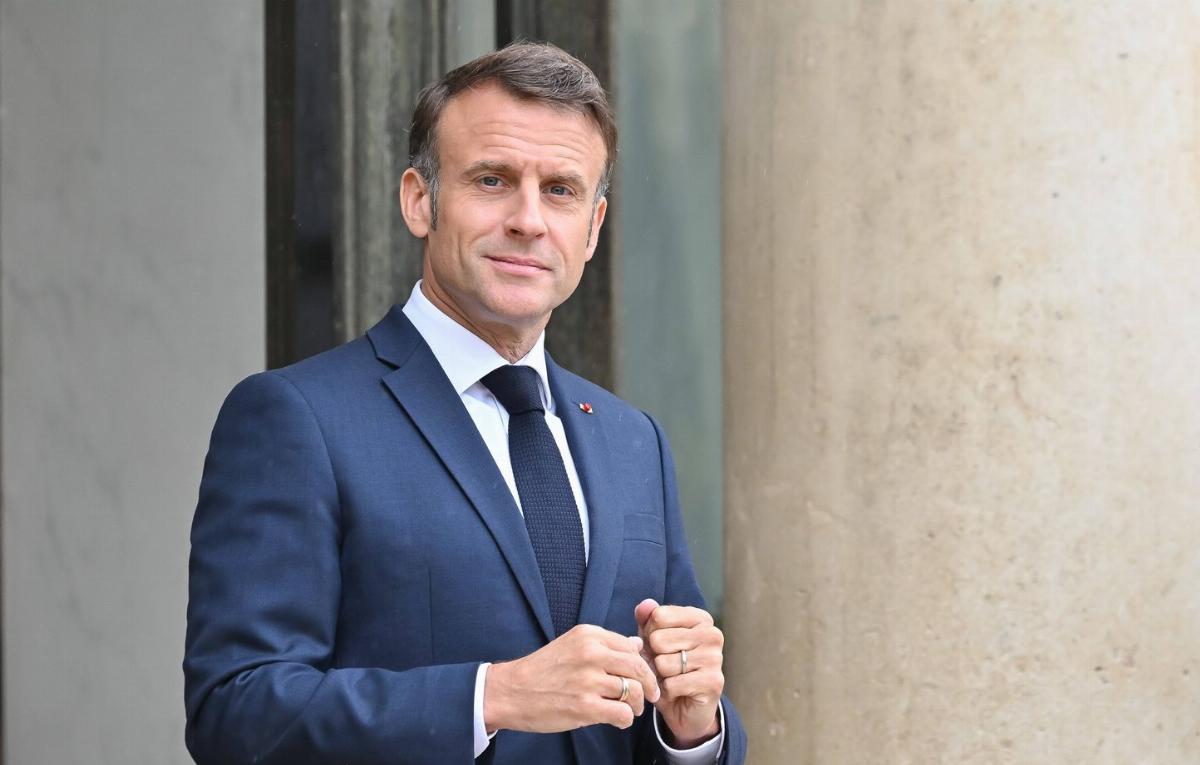
Emmanuel Macron - President of France
Emmanuel Macron, born on December 21, 1977, in Amiens, has been the President of France since May 2017. His centrist political stance and progressive views set him apart from traditional French political figures. After studying philosophy at Paris Nanterre University and training at the prestigious École nationale d'administration (ENA), Macron began his career in public service at the Ministry of Economy, later transitioning to investment banking at Rothschild & Co., which shaped his economic reform ideas.
In 2012, he joined President François Hollande's administration, gaining national attention as Minister of Economy in 2014, where he pushed for policies boosting innovation and competitiveness. In 2016, he resigned to form La République En Marche! (LREM), aiming to bridge the political divide with a vision for a progressive, economically liberal France. Winning the presidency at 39, he became France's youngest president, focusing on economic reforms like labor laws, tax cuts, and global competitiveness.
Macron's presidency has been marked by efforts to modernize France's economy, reduce unemployment, and streamline the public sector. A strong advocate for European integration, he has worked to strengthen France's role within the EU, promoting deeper cooperation on economic stability, climate change, and security. Re-elected in 2022, he continues pushing for job creation, innovation, and environmental issues, notably championing the Paris Agreement.
Globally, Macron engages actively in discussions on trade, security, and diplomacy, maintaining France's influential role. His leadership has significantly shaped French politics with a pragmatic approach, ensuring France's voice in European and international arenas. His second term focuses on sustaining economic reforms and France's leadership in the EU and globally.
Stichworte







